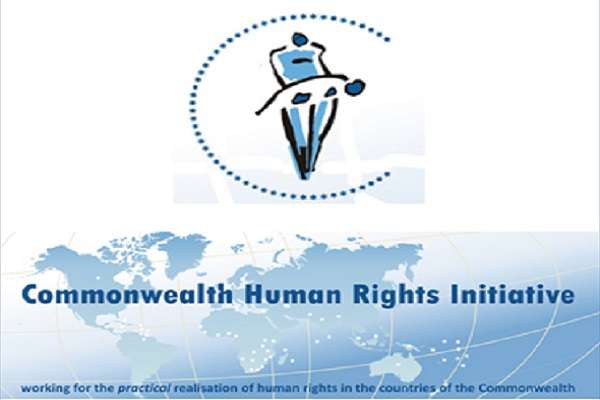Ghana’s efforts to tackle child labour during the pandemic yielded tangible outcomes – new child labour report
The new report, ‘Children, Not Workers: Community-based responses to child labour in the wake of the COVID-19 pandemic’, showcases initiatives taken by governments, communities and civil society organisations to tackle rising cases of child labour during the COVID-19 pandemic in Ghana, Sri Lanka, and Trinidad and Tobago.
- Advertisement -
The Commonwealth Human Rights Initiative (CHRI) released a new report on interventions against child labour in Ghana and two other Commonwealth nations on Tuesday 20 December 2022, to mark the International Human Solidarity Day.
The new report, ‘Children, Not Workers: Community-based responses to child labour in the wake of the COVID-19 pandemic’, showcases initiatives taken by governments, communities and civil society organisations to tackle rising cases of child labour during the COVID-19 pandemic in Ghana, Sri Lanka, and Trinidad and Tobago.
Despite national and international efforts, child labour remains one of the biggest challenges to achieving the Sustainable Development Goals (SDGs), in particular SDG Target 16.2, which seeks to ‘end abuse, exploitation, trafficking and all forms of violence against and torture of children’ and SDG Target 8.7 which calls for measures to…’secure the prohibition and elimination of the worst forms of child labour, including recruitment and use of child soldiers, and by 2025 end child labour in all its forms’.
According to the International Labour Organisation (ILO) and the United Nations Children’s Fund (UNICEF), in 2021 there were 160 million child labourers worldwide.
The COVID-19 pandemic further increased the vulnerability of children to become victims of child labour, primarily due to disruption to schooling, a disruption in family income, and reduced access to child protection services.
CHRI’s latest report focuses on Ghana’s South Adansi district, where the cocoa-farming industry continues to employ child labour. The report analyses joint intervention strategies implemented by government authorities and civil society organisations to sensitise and train communities on issue relating to child labour, and to ensure that children returned to school after COVID-19 measures were lifted.
In 2021, the Department of Social Welfare (DSW) and the Ghana Education Service (GES) started a collaborative initiative that yielded positive outcomes. The initiative involved the creation of Community Child Protection Committees (CCPCs) – each CCPC comprised volunteers from the community, and was mandated to detect and report child labour cases to the DSW for further action.
The GES also initiated the ‘Back to School’ programme with DSW’s support, which included sensitising communities on the importance of children attending school.
These initiatives saw positive outcomes, including the CCPC identifying and reporting 56 cases involving child labour, child maintenance, child custody, and sexual and domestic violence. In addition, enrolment figures for kindergarten, primary, and junior high school increased by 777 students compared to the previous year.
The eradication of child labour remains a high priority for the Commonwealth. In June 2022 at the Commonwealth Heads of Government Meeting (CHOGM), member states committed to secure the prohibition and elimination of all forms of child labour, including the recruitment and use of child soldiers, by 2025. However, there is still a long way to go before this aim is achieved.
Ghana’s efforts to tackle child labour during the pandemic, like those of the other two countries showcased in the report, proved to be innovative, adopted a multi-sectoral approach, and demonstratively contributed to eradicating child labour.
One of the biggest takeaways from the programmes implemented in the South Adansi district, is that it is imperative for governments to work with civil society organisations, in order to find innovative, sustainable solutions to effectively address child labour and human trafficking in the Commonwealth.
Having achieved tangible outcomes, these strategies have the potential to inform the efforts of other Commonwealth states and civil society organisations working to eradicate child labour in other parts of the world.
Read the full report Children, not Workers: https://www.humanrightsinitiative.org/publication/children-not-workers
For more information, contact:
Commonwealth Human Rights Initiative
Media and Communications Desk
Email: media@humanrightsinitiative.org
Phone: +91 9462275530
- Advertisement -


